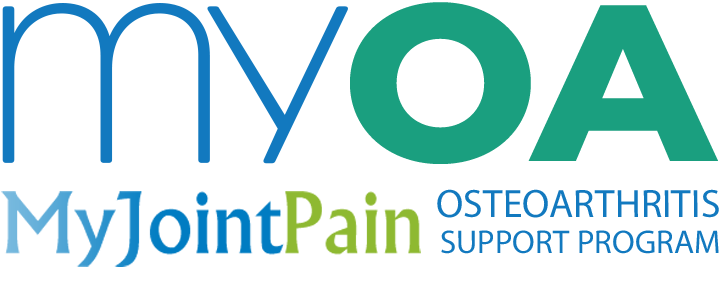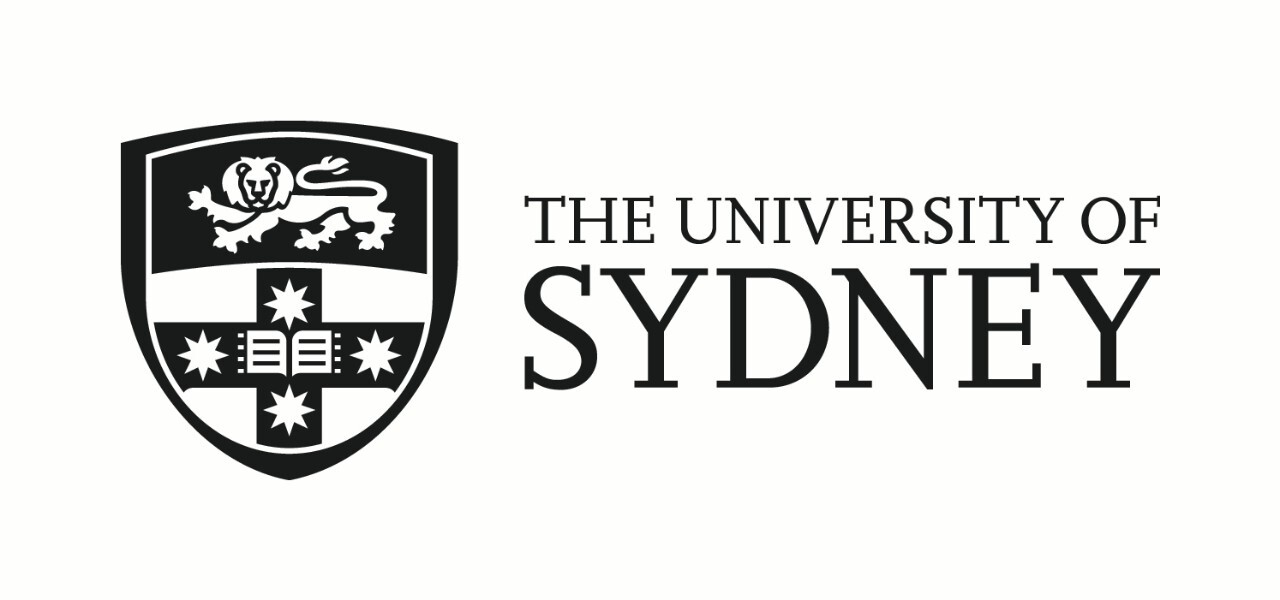
Become part of research dedicated to improving the lives of people with osteoarthritis. Explore our active clinical trials to find opportunities to contribute to advancements in treatment, prevention, and care. Together, we can make a difference.
CASCADE-OA study
CASCADE-OA is a study looking at whether a self-guided physical activity program, designed for people with hip or knee osteoarthritis can improve physical activity levels. Those who are eligible will have a 50/50 chance of being randomly assigned to one of two groups:
- Group A - participants will be provided with a self-guided 12 week physical activity program and a Fitbit to wear daily; or
- Group B - participants will continue with daily activities while wearing the Fitbit as provided.
Study time frame: 12 months
To Join the study click here
The MaRVeL study
The University of Sydney’s MaRVeL study is testing and researching a new treatment for knee osteoarthritis.
Pentosan Polysulfate Sodium, sold under the brand name Elmiron in Australia, is already approved to treat chronic bladder inflammation. This University of Sydney study aims to find out it can also help improve knee pain in people with knee osteoarthritis and elevated cholesterol.
Study time frame: 6 months
Study commitment: 4-5 in-person visits at Royal North Shore Hospital in St Leonards, Sydney. Open to people from the Sydney area.
Watch a video on the MaRVel Study
The ATLAS Study
In this study researchers from The University of Sydney aim to understand whether a new supplement combination can improve pain in the knee joint in people with knee osteoarthritis.
The supplement combination contains Boswellia serrata extract, pine bark extract, methylsulfonylmethane, piperine and curcumin.
Study time frame: 3 months
Study commitment: Fully remote trial. Open to people from all around Australia.
Watch a video on the ATLAS study
The Osteoarthritis Prevention Study
The University of Sydney’s TOPS study is testing whether diet and exercise can help prevent knee osteoarthritis in women aged 50 years or older.
Knee osteoarthritis is a leading cause of disability among adults. The University of Sydney aims to find out whether lifestyle changes, such as improving diet and increasing physical activity, can reduce the risk of developing knee osteoarthritis.
The study is suitable for people with knee pain.
Watch a video on the TOPS study
The MULTI-ONE randomised controlled trial
Exercise therapy is recommended for people with painful knee osteoarthritis because of its beneficial effects on pain, physical function and quality of life. Although we know strengthening exercises are effective for knee osteoarthritis, we don't know the optimal content and dosage of an exercise program to maximise clinical benefits. We also don't know what the ideal amount of exercise is.
In this study we will compare two different home-based strengthening programs to determine which is the most effective. To help us understand how effective the exercise programs are, we will also compare the two programs to a control group, who will receive no prescribed exercise.
To learn more and register your interest, please visit: http://redcap.link/multionestudy
The PEEKO study - Patient Education to Enhance exercise outcomes in people with Knee Osteoarthritis
Education about osteoarthritis and its management, as well as strengthening exercise, are core recommended treatments for knee osteoarthritis and are often provided by a physiotherapist. However, due to time constraints during consultations, comprehensive education information about the condition, its prognosis, and various management strategies might not always be fully covered.
To improve the quality of information received by people with knee osteoarthritis, one potential solution is providing more comprehensive educational materials or information handouts during physiotherapy sessions. This is what we aim to explore in this study.
In this study, researchers from the Centre for Health, Exercise and Sports Medicine at the University of Melbourne are examining two different ways a physiotherapist can provide information about osteoarthritis and its management to people with osteoarthritis (information provided verbally or information provided verbally and supported by an online resource). Participation in the study will involve two telehealth consultations with a physiotherapist over six weeks for an individualised strengthening exercise program. In addition, participants will also receive a detailed education about osteoarthritis and resistance bands for exercising.
If you are aged over 45 years and have had knee pain on most days of the past month, then you may be eligible to participate in this research trial.
To register your interest, please go to: https://redcap.link/peekostudy






